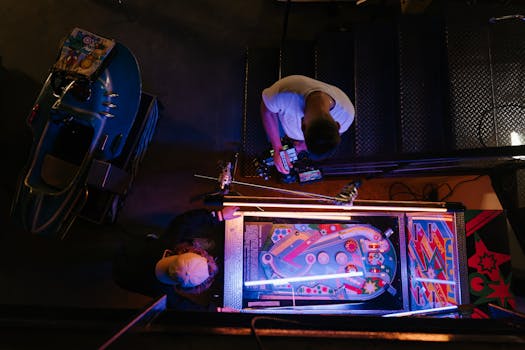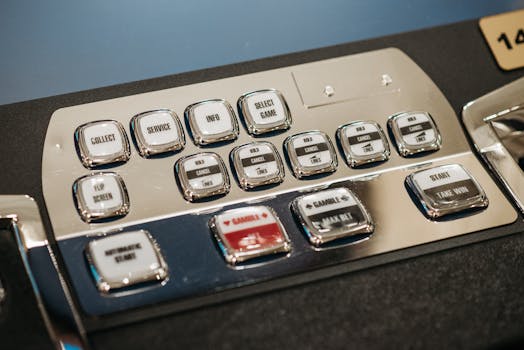The Science Behind the Randomness of Slot Machines
Slot machines, often seen lighting up the floors of casinos with their bright colors and promising sounds, are a staple of gambling entertainment. Understanding how these machines maintain randomness can be quite fascinating. This article delves into the science behind the randomness of slot machines, exploring how they ensure fairness and unpredictability in their outcomes.
Understanding the Technology Behind Slot Machines
Slot machines operate on a principle that ensures each spin is independent of the last. The core technology responsible for this randomness is the Random Number Generator (RNG). An RNG is a computer program designed to generate a series of numbers or symbols that cannot be reasonably predicted better than by random chance. This technology is crucial in both physical and online slot machines, ensuring that each outcome of the spin is entirely independent of the previous one.
Random Number Generators (RNGs)
The RNG is the heart of the slot machine's technology. It continuously cycles through millions of numbers and combinations. When a player hits the spin button, the RNG selects a random combination at that precise moment. Importantly, the result is determined by the RNG the moment the button is pressed, making the timing of the spin irrelevant.
Advantages and Disadvantages of RNGs
Advantages:
- Fairness: RNGs ensure that each player has an equal chance of winning. This fairness is crucial for casino credibility.
- Unpredictability: The use of RNGs ensures that patterns cannot be predicted, thus safeguarding against potential manipulation.
- Perception of Rigging: Some players might believe the system can be rigged, although regulatory bodies strictly monitor and test RNGs to ensure fairness.
- Lack of Physical Interaction: Traditionalists who enjoy the physical aspect of slot machines might find online slots with RNGs less thrilling.
Disadvantages:
Return to Player (RTP) and Volatility
Another aspect to consider is the Return to Player (RTP) percentage, which indicates how much of the money put into a slot machine is paid back to players over time. Typically, slot machines have an RTP between 92% and 97%. This does not predict the outcome of a single spin, but rather gives a statistical overview over a long period of play.
Volatility, on the other hand, measures how often a slot machine pays out. High volatility slots pay out less frequently but offer bigger wins. Low volatility slots pay out more often but with smaller amounts.
Practical Examples
Consider a slot machine with an RTP of 95%. This means that, theoretically, for every $100 put into the machine, it will return $95 to players eventually. However, because of high volatility, a player might not see this return consistently distributed during a session of play.
Regulations and Fairness Testing
To ensure fairness and transparency, regulatory bodies like the Nevada Gaming Control Board and the UK Gambling Commission rigorously test and review RNG software used in slot machines. These bodies verify that the RNGs are indeed random and unbiased.
Conclusion
The randomness of slot machines is a well-oiled combination of RNG technology, RTP rates, and volatility. Understanding these can enhance a player’s casino experience, making it more enjoyable and informed. Whether you are a casual casino-goer or a serious slot enthusiast, recognizing the science behind slot machine randomness can demystify many aspects of gambling and perhaps even improve your strategy. Always remember to gamble responsibly, knowing that the odds are a game of pure chance.

.png)





